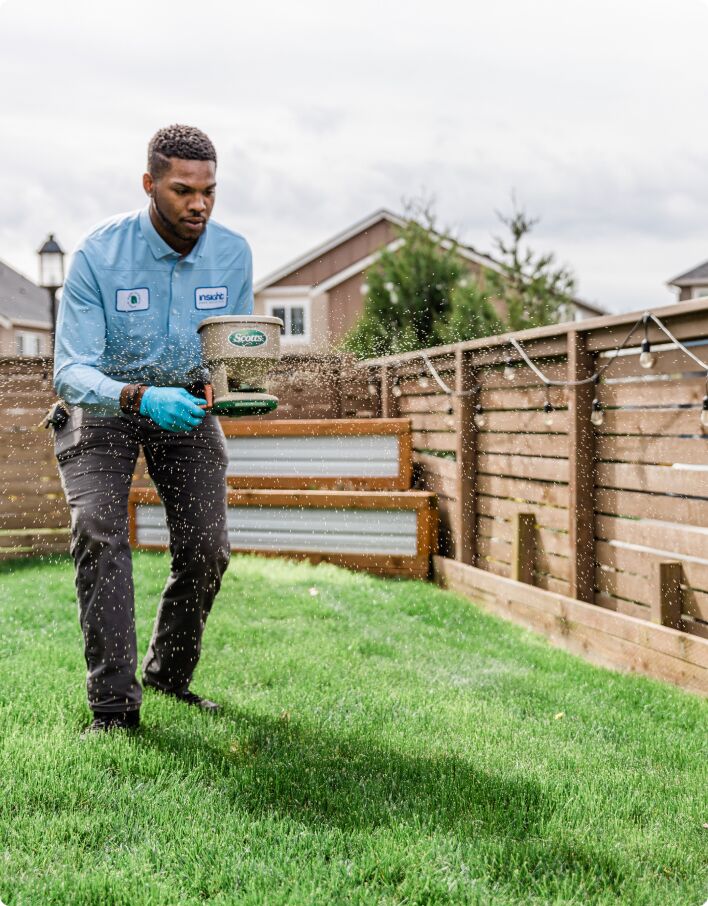Orem Pest Control Services: Tailored Solutions for every single Infestation
Orem Pest Control Services: Tailored Solutions for every single Infestation
Blog Article
Discovering the Different Kinds Of Bug Control Techniques and Their Applications
Parasite control is a crucial element of keeping a safe and healthy environment, whether it be in residential, industrial, or farming setups. From chemical methods that target specific parasites to biological techniques that harness natural killers, the world of pest control is substantial and diverse.
Chemical Bug Control Strategies
Chemical insect control strategies are extensively used in agriculture and bug management to properly get rid of or control pest invasions. These techniques include the use of chemical compounds, such as herbicides, chemicals, and insecticides, to remove or minimize parasite populaces that pose a threat to plants, livestock, or human wellness.
While chemical insect control strategies can be extremely effective in managing insect populations, they additionally raise problems regarding potential ecological and health threats. It is vital to adhere to safety guidelines, utilize incorporated pest monitoring approaches, and think about alternate methods to minimize the adverse impacts of chemical pest control strategies.
Biological Pest Control Techniques
 Organic bug control methods utilize living organisms to lower and take care of parasite populaces in a sustainable and eco-friendly fashion. This method involves presenting natural predators, parasites, or virus to control pests without the need for artificial chemicals. One common technique is the release of ladybugs to combat aphids in gardens, as ladybugs are natural predators of these destructive bugs. One more instance is the use of Bacillus thuringiensis (Bt), a germs that generates toxins dangerous to specific insect larvae, to control mosquitoes and caterpillars.
Organic bug control methods utilize living organisms to lower and take care of parasite populaces in a sustainable and eco-friendly fashion. This method involves presenting natural predators, parasites, or virus to control pests without the need for artificial chemicals. One common technique is the release of ladybugs to combat aphids in gardens, as ladybugs are natural predators of these destructive bugs. One more instance is the use of Bacillus thuringiensis (Bt), a germs that generates toxins dangerous to specific insect larvae, to control mosquitoes and caterpillars. 
Organic parasite control methods use a number of advantages over chemical methods. They are usually more secure for the environment, as they do not leave hazardous deposits or add to pollution. Furthermore, these techniques are commonly a lot more targeted, affecting only the insect species without damaging various other microorganisms or beneficial insects. Organic control can be a long-term service, as the introduced microorganisms can establish lasting populations and give recurring insect management. Generally, biological insect control techniques offer a natural and reliable choice to conventional chemical treatments, advertising a well balanced environment and healthier settings.
Physical Insect Control Approaches
Making use of physical methods to regulate bugs includes the use of non-chemical or mechanical ways to handle and mitigate pest invasions properly. One common physical bug control approach is the installation of fences, screens, or nets to block parasites from entering specific areas.
Another physical approach is the use of traps, such as snap catches for rats or scent catches for bugs. These catches goal to record pests without posing any type of threat to human beings or the setting. In addition, physical control methods can include strategies like handpicking parasites off plants, utilizing vacuum cleaner devices to remove insects, or employing heat therapies to eliminate bed official website bugs and other parasites in infested areas.
Integrated Parasite Management Strategies
Executing an alternative method to pest administration, Integrated Bug Management (IPM) techniques aim to combine different efficient strategies to manage and prevent parasite invasions while minimizing environmental effect and making certain lasting pest control practices. IPM entails the integration of multiple control methods such as organic control, cultural techniques, mechanical control, and the cautious use chemicals.

Moreover, IPM highlights the value of surveillance and evaluating pest populaces to establish one of the most ideal control methods. By carrying out IPM methods, parasite control initiatives end up being extra targeted and effective, decreasing the threats related to excessive chemical use and advertising long-lasting insect administration options.
All-natural and Organic Bug Control Options

One popular organic insect control method is neem oil, stemmed from the seeds of the neem tree, which serves as a repellent and interferes with the development and advancement of pests. Diatomaceous planet, an all-natural silica-based powder, is an additional effective organic bug control choice that functions by he has a good point dehydrating insects upon contact. By integrating organic and all-natural pest control options right into pest administration methods, individuals can efficiently regulate pests while minimizing injury to the setting and promoting lasting methods.
Final Thought
To conclude, various insect control strategies such as chemical, organic, physical, incorporated bug administration, and natural options are available for properly handling bug problems. Each approach has its own benefits and applications depending on the sort of parasite and the setting. By recognizing the various kinds of parasite control strategies and their applications, people can make educated decisions on one of the most ideal method to regulate parasites and safeguard their residential or commercial property.
Chemical pest control techniques are extensively used in agriculture and bug administration to successfully eliminate or regulate pest problems - Orem Pest Control. All-natural pest control methods involve making use of organic control agents, such as predators or bloodsuckers, to take care of parasite populations. By integrating all-natural and natural bug control alternatives right into bug administration strategies, people can properly regulate bugs while lessening injury to the environment and promoting lasting methods
In conclusion, different parasite control techniques such as chemical, biological, physical, integrated parasite monitoring, and natural options are readily available for properly handling bug problems. By comprehending the various types of bug control methods and their applications, individuals can make educated decisions on the most ideal approach to control bugs and safeguard their property.
Report this page